With Hurricane Helene's impact still affecting Western North Carolina, significant measures have been taken by state legislators to provide relief and support to impacted communities.
Hurricane Helene Relief Bill Passed
On Wednesday, both the North Carolina Senate and House of Representatives unanimously passed H.B. 149, the initial hurricane relief bill. Governor Roy Cooper signed it into law, which includes:
Establishment of Disaster Recovery Fund: The bill creates the Hurricane Helene Disaster Recovery Fund with an appropriation of $273 million. This initial funding primarily supports the state match for Federal Emergency Management Agency (FEMA) programs, ensuring that areas in western North Carolina impacted by the hurricane will have access to necessary FEMA support in the coming weeks and months. Additional state funding is expected as the immediate and long-term needs of affected communities become clearer.
Extension of State of Emergency: The state of emergency declared by Governor Cooper on September 25 has been extended through March 1, 2025. Further extensions may be considered next year.
Regulatory Relief for Nonprofits: The bill prevents the NC Secretary of State from dissolving any nonprofit, for-profit business, or limited liability company in the 25 affected counties for non-compliance with state corporation laws until at least March 1, 2025. This regulatory relief applies to nonprofits in a similar manner as for-profit businesses.






